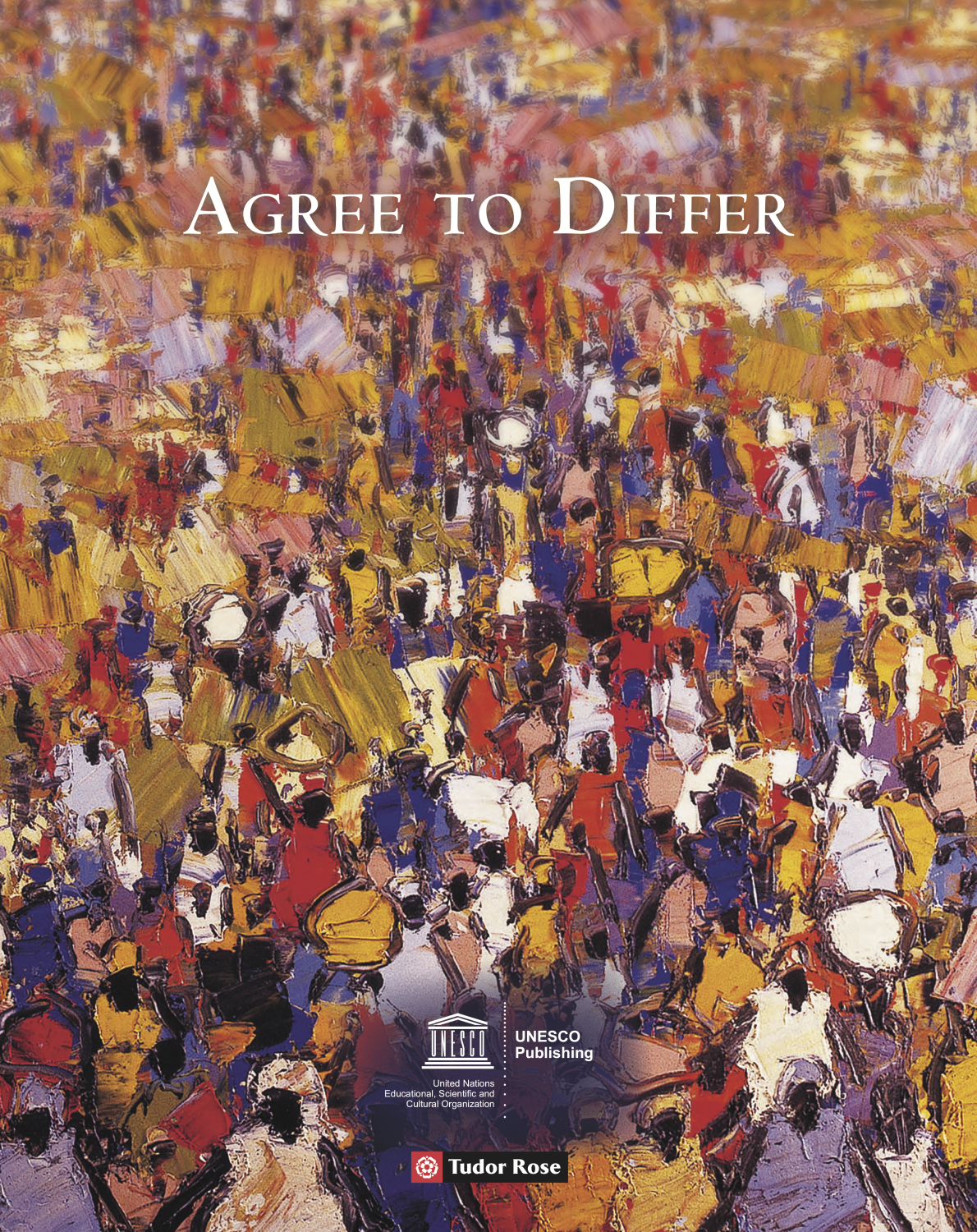As part of a series of international political empowerment projects for girls and young women, Women without Borders (WwB) developed an interactive English curriculum for 16 to 25-year-olds in Istanbul (Turkey), Limassol (Cyprus), and Vienna (Austria). The handbook, which jointly was compiled by three partner organisations, focused on instilling participants with the confidence and competence needed to actively engage in political and public life. Twenty emerging female leaders from each country took part in an intercultural dialogue in Vienna, and in subsequent local training workshops in their home cities. Through practical exercises and by providing conceptual trainings, the ‘Young Women Fit for Politics’ project promoted identifying and tapping into the potential of young women as a starting point for their later active participation and public life.
Although women make up half of the world’s population, they largely continue to be excluded from political participant and decision-making processes. The 2011 UN General Assembly resolution on women’s political participation concluded that ‘women in every part of the world continue to be largely marginalized from the political sphere, often as a result of discriminatory laws, practices, attitudes and gender stereotypes, low levels of education, lack of access to health care and the disproportionate effect of poverty on women’. In order to guarantee a more equitable future, women need to be educated and empowered to take part in politics and civil society from an early age. If properly supported, young girls can become world leaders and drivers of meaningful social change.
Women without Borders (WwB) responded to this global societal malaise by rolling out its ‘Young Women Fit for Politics’ campaign between 2005 and 2007. With the support of the European Union’s Socrates-Grundtvig project and in collaboration with partner organisations ARI Movement in Turkey and the Mediterranean Institute for Gender Studies (MIGS) in Cyprus, WwB initiated the campaign by developing a handbook entitled ‘Young Women Fit for Politics’. The handbook consists of six sections: Identity and orientation, Public speaking, Problem solving, Peace, Peace education and conflict resolution, Active citizenship and participation, and Leadership. WwB designed it in order to equip adolescent women with both the confidence and competence needed to engage in political decision-making processes.
In order to implement the handbooks’ lessons, WwB convened between fifteen and twenty participants from each of the thee project countries in Vienna for an international workshop. The governing philosophy of the campaign was from the outset underpinned by its slogan: ‘Women shouldn’t be in parliament to educate men, but to change the world’. The workshop offered an opportunity for interested and committed teenage girls to connect with one another, and for them to establish international networks of emerging female policy-shapers. Participants from Turkey and Cyprus took note that the meeting had proved essential to them, as it was their first opportunity to speak directly with one another, as equals and as friends. Before meeting, their opinions of Turkish and Cypriot citizens, respectively, has been informed by prejudices rather than real life experiences and encounters.
Following the initial workshop in Vienna, WwB and its Local Implementing Partners (LIPs) held additional two-day training courses in Istanbul, Limassol, and Vienna. The courses focused on broadening the participants’ horizons, taking into account their direct surroundings and facilitating cross-border projects and contacts. Due to unique nature of the political and social tensions in each country, Women without Borders tailored these workshops to the young women’s needs. In Turkey, the project centred on strengthening the participants’ belief that they are both qualified for and deserve to fill leadership roles and partake in public life. In Cyprus, the focus rested on gender roles and the country’s future within the European Union (EU). The Austrian workshops tackled traditional patriarchal perspectives, and explored how the girls could apply their voices to empower one another and improve perceptions of women in politics. All of the participants went through confidence and competence trainings that included interactive and role-playing exercises, which helped to secure them as allies in constructing new and more gender-equitable political spaces.
Following the two-day training courses, WwB concluded the ‘Young Women Fit for Politics’ project in Limassol with an evaluation session. The organisation, its LIPs, and the participants offered feedback on the handbook, the initial meeting in Vienna, and the subsequent training workshops in each country. They discussed how the project could be improved, what resonated with them, and how they could ensure sustainability of the project’s impact. As one participant from Cyprus remarked, ‘I won inner strength and self-confidence. The workshop empowered me to take action. There are still a lot of questions, but I feel much more energetic’.
By providing the tools and self-assurance necessary to engage in political and public life, Women without Borders aimed to empower girls from Austria, Cyprus, and Turkey to assert themselves as leaders and decision-makers in local, national, and international politics. The intercultural dialogues and networks that were established through the project, encouraged the participants to develop a greater appreciation of cultural diversity and heightened their respect for different outlooks on life. The campaign further enabled them to connect with and support one another in the quest to becoming more informed citizens of their countries, and of the world. ‘Young Women Fit for Politics’ focused on building up the potential of young women in order to prepare them for active participation in public life and the political realm in the near future.


